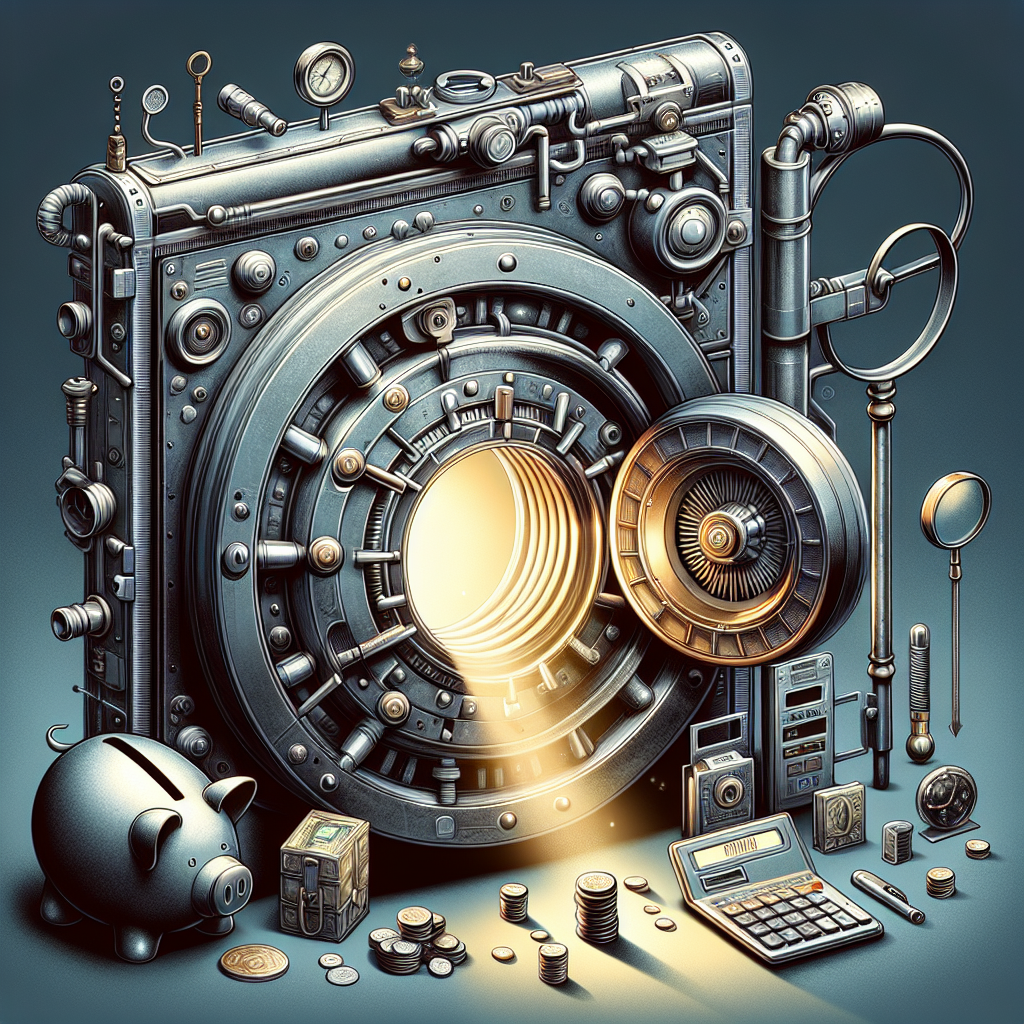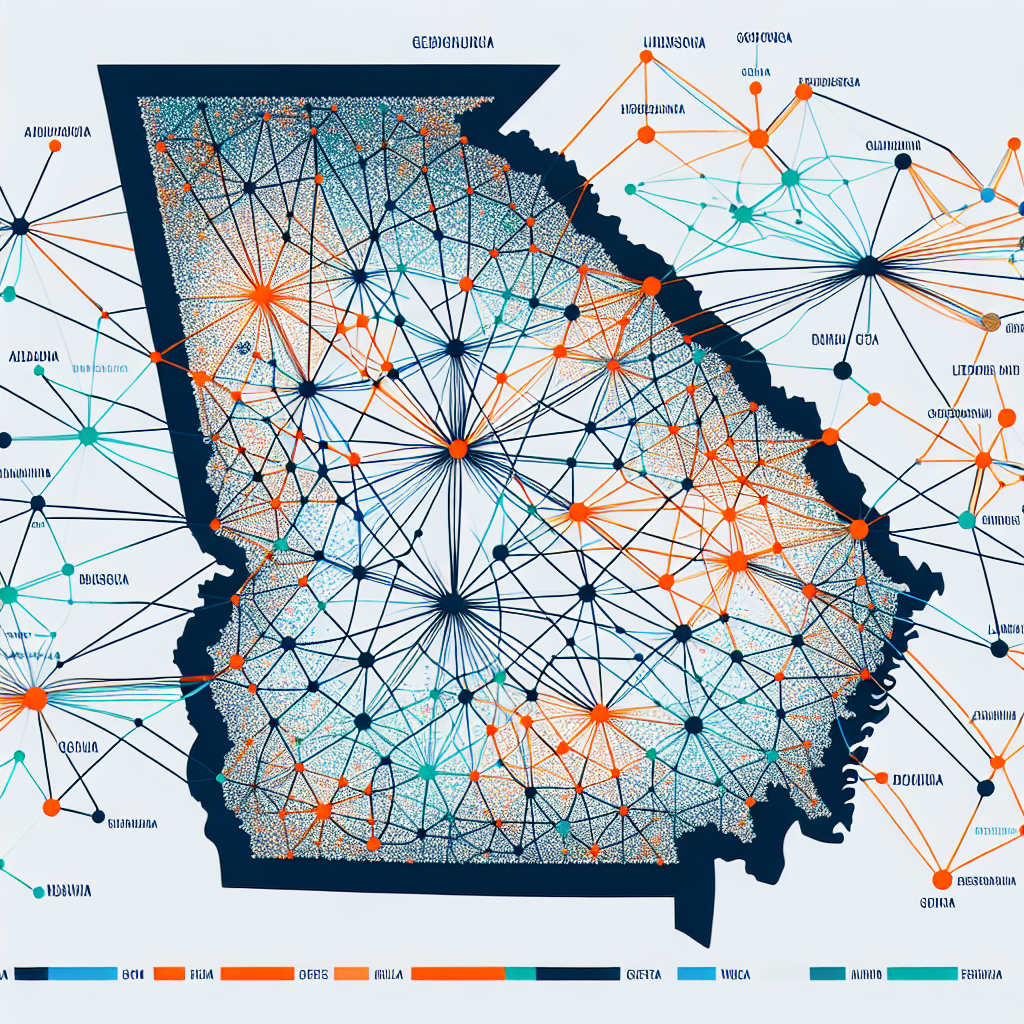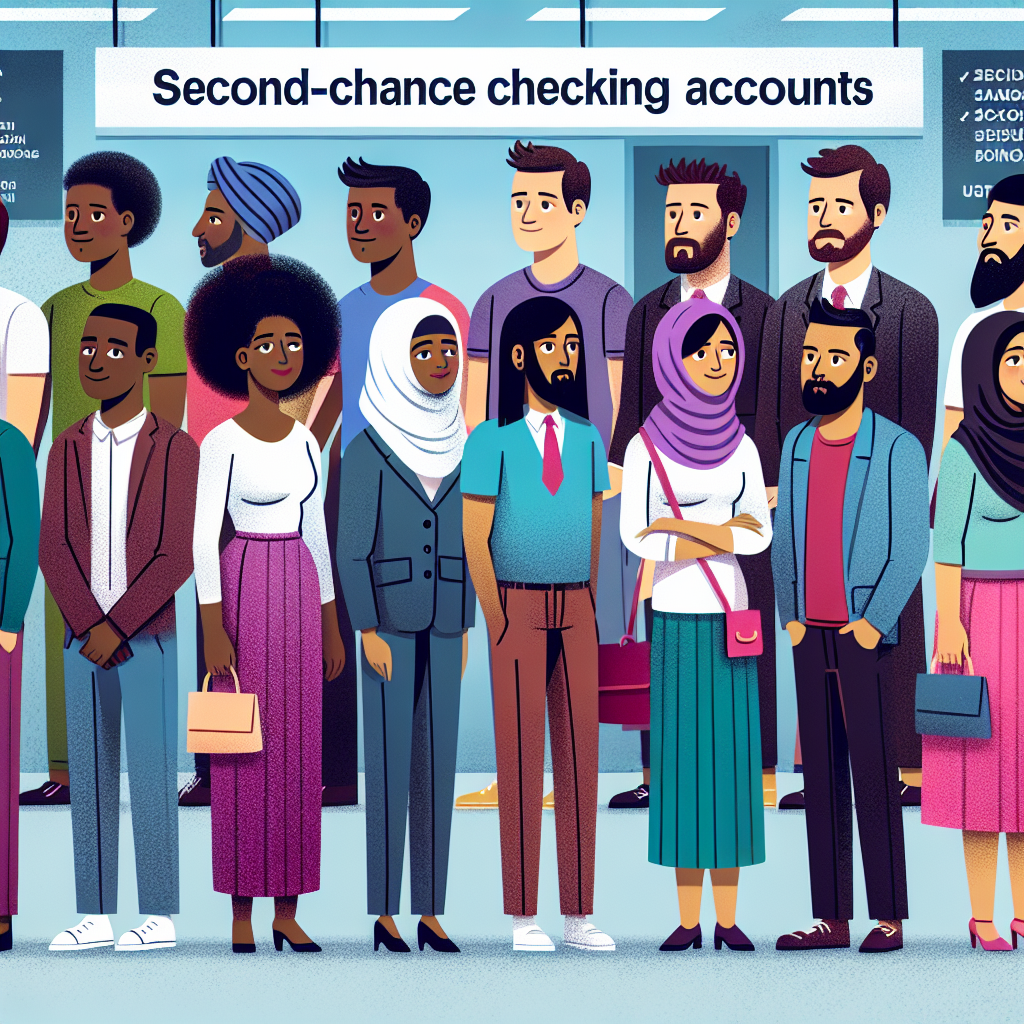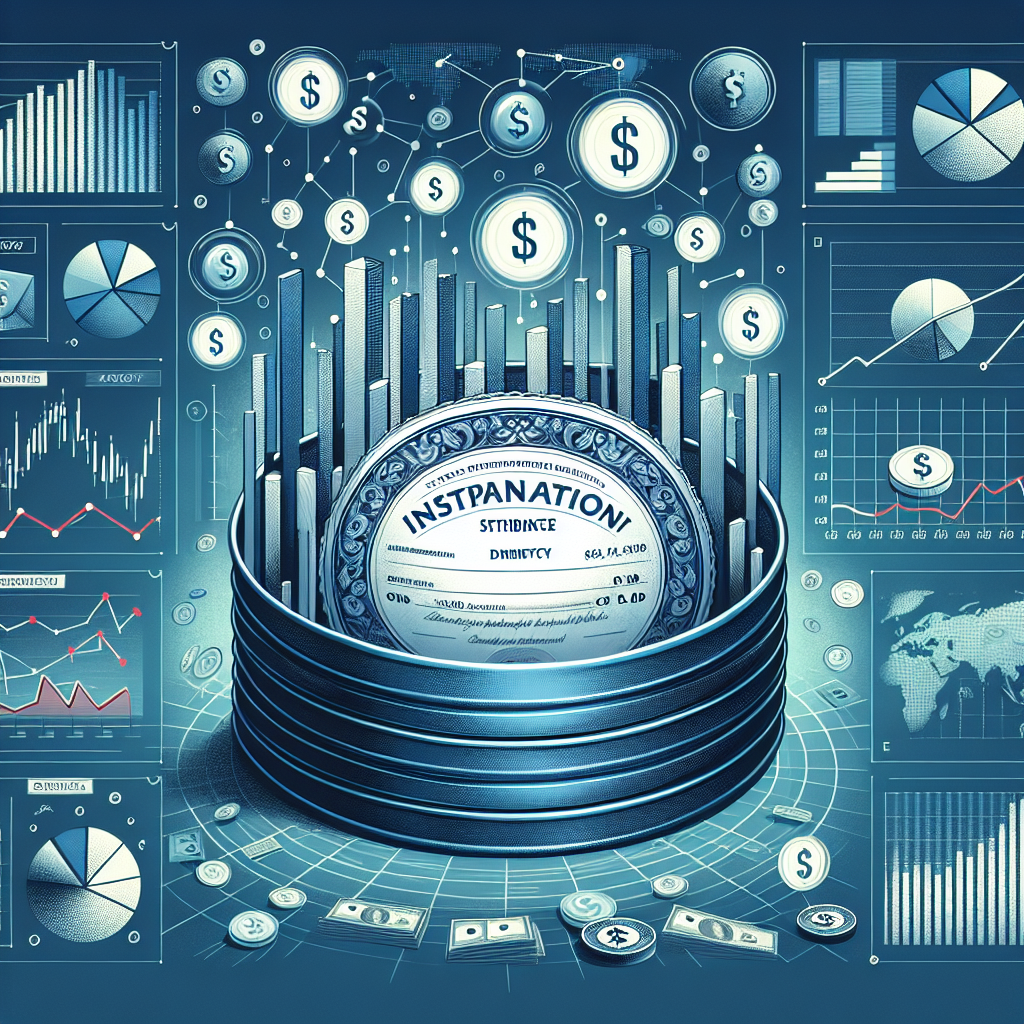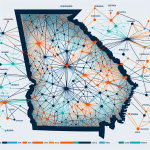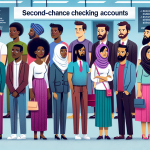Key Insights at a Glance
- Regularly reassessing your banking setup helps dodge fees and snag juicier interest.
- Digital-first banks often dish out far more on savings than their brick-and-mortar counterparts.
- Simple tweaks—like keeping accounts lively and strategizing visits—can fatten your wallet.
- Wiser bank choices pave the way to building wealth via better yields and fewer penalties.
Banking doesn’t have to feel like rocket science. With an ocean of banks throwing all kinds of offers and rates at you, overwhelm is natural. Yet, a handful of savvy moves can crank up your earnings and keep costly blunders at bay without rewriting your entire financial script.
These pointers will help your money punch above its weight without flipping your whole budget upside down.
Why Being Sharp With Your Banking Pays Off
Adopting clever banking habits lays down real perks that compound over time:
- Supercharge savings: Picking the right accounts lets you scoop up noticeably higher interest yields.
- Slash fees: Dodging pointless charges keeps more cash in your pockets.
- Stay on top of things: Organizing your accounts makes tracking funds and hitting targets a breeze.
- Guard your credit: Smooth account handling wards off pitfalls that ding your credit score.
- Save precious time: Smart shortcuts make money management less of a headache.
1. Take a Fresh Look at Your Bank
Many Americans hold onto the same banking relationships for what feels like eons — often decades. Yet banks are constantly rolling out fresh products and perks that might serve you better.
Expert Take:
“Don’t let complacency dull your radar,” warns Greg McBride, CFA and chief financial analyst at Bankrate. “The financial landscape is always shifting, with new deals and clever features that could boost your balance or make banking easier. Keeping your eyes peeled for a cut above can pay dividends.”
Scope out what fees sneak out of your account, and if your bank wants you to hold a hefty minimum balance, it’s time to weigh alternatives.
2. Don’t Assume Your Bank Is Your Best Bet
Just because your bank values your loyalty doesn’t guarantee you’re getting top-tier interest rates.
Elizabeth Buffardi, a certified financial planner in Illinois, notes, “Customers often trust their bank to offer fair returns, but that’s not always reality.”
Since March 2022, the Federal Reserve has hiked rates 11 times, prompting many banks to jack up interest on savings and CDs. Now’s an ideal moment to comparison shop.
Currently, leading savings rates outpace inflation, meaning your money retains and grows its buying power. Online banks with high-yield savings accounts can hand out rates multiples above the national average.
Did You Know?
As of early 2024, some online savings accounts boast APYs exceeding 4.5%, a peak unseen since the early 2010s. Meanwhile, traditional banks often linger below 0.1%, highlighting a vast opportunity gap for savers willing to look beyond their local branch.
3. Look Beyond Eye-Popping Interest Rates
A sky-high APY may dazzle at first glance, but diving into the fine print is a must before popping the champagne.
Beware of:
- Short-lived promotional rates that vanish after a few months
- Steep minimum balance hoops to jump through
- Fees stealthily nibbling away at your earnings
- Tiered rates that shift depending on how much cash you stash
Focus on institutions offering steady, reliable rates rather than flashy, fleeting promos.
4. CDs: Lock in a Higher, Stable Yield
With today’s savings and money market rates climbing north of 4%, we’re witnessing interest levels not seen in over a decade.
In this rate climate, opening a Certificate of Deposit (CD) can be a smart move for those comfortable with locking away their funds for a spell.
But if you prefer access without strings, sticking to a high-yield savings account or money market account with easy withdrawal options is perfectly valid.
5. Master Your Bank Visits
Map out your banking encounters beforehand to save time and frustration. Rather than turning up unannounced, call ahead to make sure the right person—say, a mortgage expert—is available for your needs.
Here are some time-savers to keep in your arsenal:
- Shift straightforward transactions to online platforms
- Call customer support during off-peak hours to dodge long waits
- Leverage mobile banking apps for swift account checks
- Set appointments for intricate matters
A bit of prep goes a long way toward stress-free banking.
6. Give a Heads-Up Before Closing Accounts
Don’t expect banks to shut down accounts automatically just because you drained the funds. Reaching out to officially close the account is essential.
Before you pull the plug, reroute automatic bills and income streams—like direct deposits or social security payments—to a fresh account.
Failure to properly close accounts can trigger overdraft fees if payments keep bouncing, which in turn can ding your credit and complicate opening new accounts elsewhere.
7. Mind the Timing When Closing Accounts
There are valid reasons to shutter a bank account—relocation, switching to online-only banks, or chasing better rates elsewhere—but timing is everything.
Some banks slap early-closure fees if you exit too soon after opening. For instance, Regions Bank imposes a $25 charge if you close within 180 days.
Review the fine print carefully before pulling the trigger. In many cases, it pays to wait out penalty periods while setting up your new account on the side.
8. Spread Your Cash: Use Multiple Banks
Combining the best of traditional and online banking can serve you well.
Traditional banks appeal for face-to-face help and extensive ATM coverage, great for in-person support and easy cash access.
However, they often hand out pitiful savings rates—sometimes a measly 0.01% APY—while online banks can offer upwards of 4% on comparable accounts.
Mixing both lets you enjoy convenience plus superior returns.
9. Don’t Let Forgotten Cards Go Dark
A credit card buried in a drawer presents a conundrum. Shutting it down might ding your credit utilization and score, but banks sometimes close dormant cards for inactivity.
Keep these cards alive by running small, recurring charges such as:
- Insurance premiums
- Gym fees
- Streaming subscriptions
Similarly, even rarely used debit cards can be kept active with occasional purchases to avoid involuntary closure.
Note that relying exclusively on debit cards means missing out on rewards and purchase protections that credit cards offer.
10. Keep Your Bank Accounts Buzzing
Accounts that sit idle risk closure or dormant fees. While rules vary, using an account at least every couple of months usually keeps it in play.
Regularly funneling small amounts into savings also chips away at fees and keeps your balances growing.
If an account has gone dormant, funds might be handed over to your state as unclaimed property. Double-check your contact info with your bank and your state’s database.
Old accounts often draw minimal interest and rack up charges that slowly erode your money.
11. Notify Your Bank Before Traveling
Nothing ruins a trip like your card being declined abroad. Banks vary in fraud detection policies, so alerting them about travel plans can prevent embarrassing declines.
Many institutions let you report trips via their apps or customer service lines—just provide dates and destinations.
12. Budgeting: Your Secret Weapon to Save More
Pinpointing where your cash flows is fundamental for hitting savings targets. A clear budget uncovers where trimming is possible.
Typical budget-cut candidates include:
- Subscriptions long forgotten
- Unused services
- Unnecessary annual fees
Try tools like Bankrate’s calculators to grasp compounding interest and make smarter decisions.
Remember, you don’t need to overhaul your finances overnight. Little adjustments to how you manage accounts can snowball into serious savings.
Staying proactive, whether by switching to better accounts, juggling multiple banks, or simply keeping tabs on your funds, can transform your financial landscape.
Start by reviewing your current banking setup and pick a couple of tips to implement. Small moves today can translate into a heftier wallet tomorrow.
